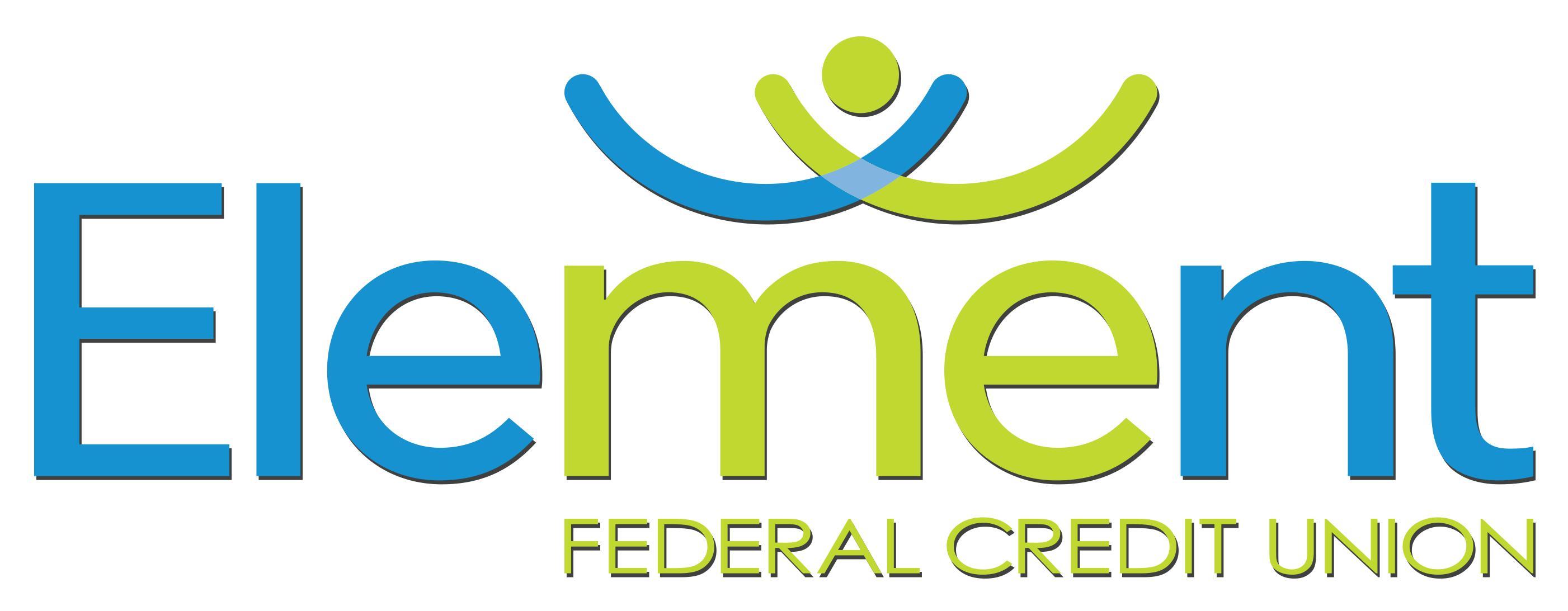Three Job Interview Mindsets
It’s the night before the interview. Your outfit is all laid out, your resumé is hot off the press and you’ve Google-Mapped your route. You’ve done your company research and you’ve practiced answering the tough questions. You are perfectly prepared—and you still feel like a nervous wreck.
That’s because, although we’re generally pretty good at anticipating and preparing for external challenges, we tend to be somewhat less great at anticipating internal challenges. We spend a lot of time thinking about what we need to communicate to our interviewer, but we don’t take much time to think about what we need to say to ourselves while navigating the interview process.
Even the most straightforward job interview is mentally demanding. You need to be alert and primed to listen. You need to think on your feet and be quick to recall relevant examples and experiences. You need to gauge your interviewer’s reactions and adapt accordingly. And while your brain is attempting to process all of this, you still need to smile and act naturally and somehow maintain a basic level of ease and confidence. It’s a tall order.
Luckily, there are a few observations you can make that will help ease the pre-interview jitters. If you’re looking for some nerve-calming, confidence-boosting thoughts, consider the following approaches to your job interview. Read them, reflect on them, journal about them—whatever it takes to make these concepts accessible to you throughout your interview preparation process. Along with your list of references, extra copies of your resumé and cover letter, and a stash of breath mints, here are three helpful mindsets to take with you on your next job interview:
1. Your nerves are a sign of your excitement
It’s not uncommon for a friend or family member to say “Hey, don’t be nervous!” before a big presentation, performance or competition. The trouble is that this comment can make you feel even more nervous than you did before. Sometimes, the attempt to discount or ignore feelings of anxiety just ends up heightening them. Instead, it can be helpful to acknowledge the presence of that nervous feeling, to explore it, and then to reframe it as something positive. Instead of interpreting your anxiety as a fear of failure, you can choose to interpret it as genuine excitement. Maybe you’re nervous because, deep down, you know how potentially life-changing this opportunity is. Perhaps beneath the nerves, you can see all the good things that are waiting for you on the other side of a successful interview. In a recent study by Harvard Business School psychologist Alison Wood Brooks, it was found that reframing anxiety as excitement improved study participants’ performance in high-stress situations. So, the next time you feel your heart rate rising and your hands clamming up, see it as a signal that you’re excited for what’s to come!
2. Your interviewer is secretly rooting for you
In the stressful time leading up to a job interview, it’s easy to picture your interviewer as an antagonist. You might imagine them trying to catch you off guard, trying to make you look dumb or deriving some sort of twisted pleasure out of exposing your weaknesses. The truth is that your interviewer wants you to do well—in fact, they’re hoping you’re the perfect candidate for the job. Take a moment and put yourself in your would-be employer’s shoes: hiring someone new can be an expensive, frustrating and time-consuming process. At this point, your interviewer may have already paged through hundreds of resumés and conducted dozens of interviews with no end in sight. Your interviewer wants you to walk in and be the obvious choice. Consider that you are not in some sort of competition with your interviewer—a successful interview for you also counts as a success for your interviewer. Though it may not seem obvious in the room, your interviewer is your biggest (secret) cheerleader, so approach each question as an opportunity to highlight why you are, in fact, just what the company has been looking for.
3. You get to decide whether or not it’s a match
It’s easy to stress about things you can’t control, which is yet another reason why job interviews can jump-start your anxiety. There are so many unknowns in the process (What will they think of me? What questions will they ask me?) that it’s hard to feel that you have any power in the interview at all. It’s important to remind yourself that, although uncertainty is a natural part of the job hunt, you do have some control. The interview is a chance for you to evaluate your potential employer at the same time your interviewer is evaluating you. Don’t be afraid to flip the script and ask your interviewer some questions. Ask about the biggest opportunities and challenges facing the department you’re interviewing for. Ask about next steps. Ask appropriate questions that will help you assess whether or not the company is a good match for you. Flipping the script gives you a turn at steering the conversation and serves as a little reminder that there’s more to a job interview than simply pleasing others—you’re also looking to create a fulfilling opportunity for yourself.
________________
In preparing for a job interview, it’s easy to focus on how you’re meeting others’ expectations of you, instead of considering what expectations you have for your next job and future employer. The three mindsets outlined above serve as gentle reminders that, despite its unknowns and stresses, the job interview is ultimately an empowering experience that brings you closer to your career goals, and your life goals.
